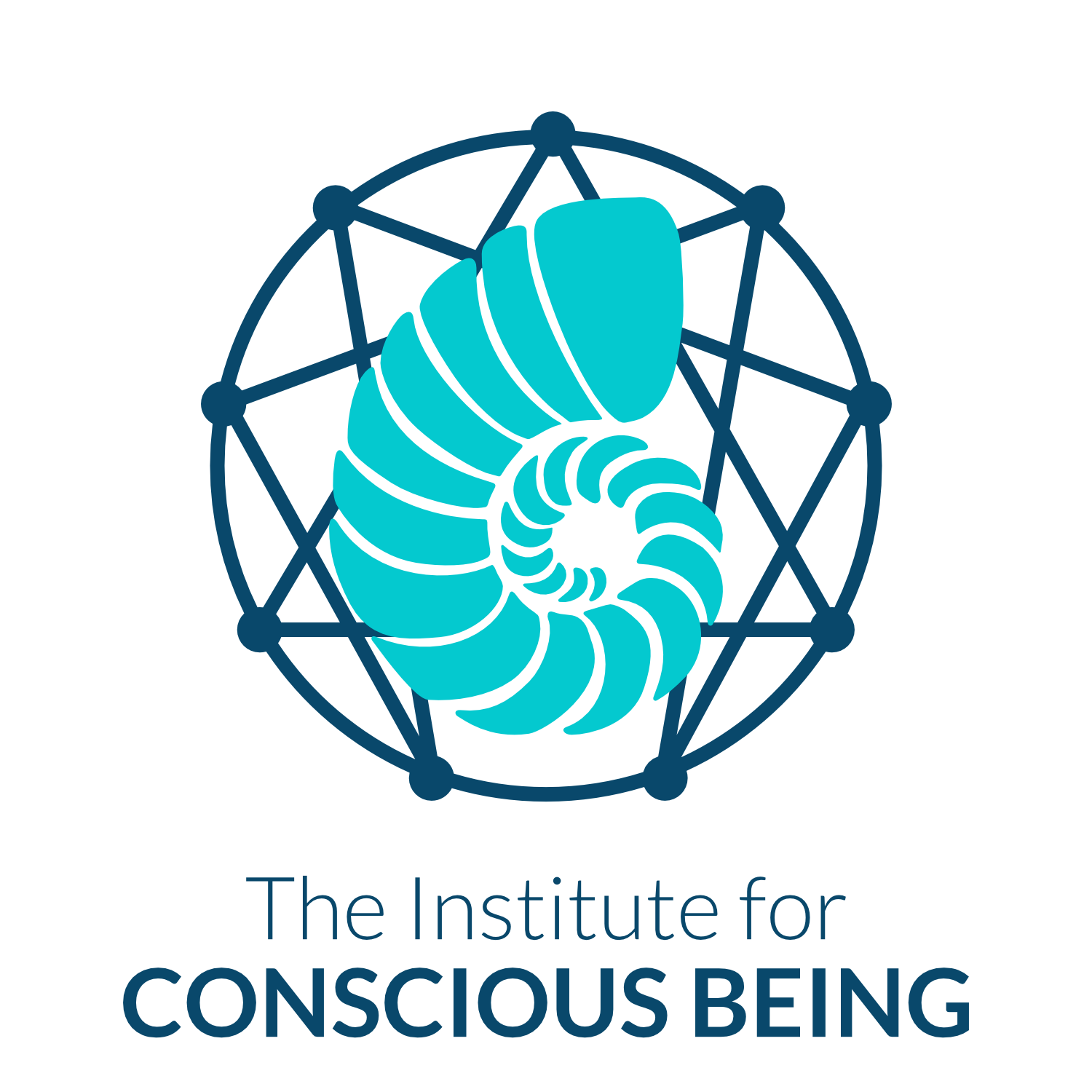The Good Life Part 3
November 17, 2024
The Good Life Part 3
A popular notion in America is that the Good Life is relatively free from struggle or pain. For some reason or reasons, the person has created a life in which they have all the good things they want and need. The good life also connotes a standard of living that affords protection from harm, access to good medical care, and mobility. There is also a hidden connotation: the person who lives the good life is somehow insulated from the pain and worries of those who do not live the good life. But that is an unrealistic definition. As we reflected upon earlier in the week, no one escapes the realities of pain, hardships, and suffering.
The Good life may be unrealistic, but it is attainable. The difference between a "good life" and a "not-so-good life" is not a person's financial situation. It is how we handle the inevitable pain that comes with being human. The 2016 novel by Amor Towles, A Gentleman in Moscow is about the aftermath of the Bolshevik Revolution in Russia. The main character is Count Alexander Rostov, who was stripped of his titles by Stalin and his regime. No longer did Alexander have his lavish estate, and material wealth. Because of his former rank as an aristocrat, he was placed under house arrest for life and was imprisoned in the elite Metropol Hotel in Moscow.
Count Rostov is shocked at his newly assigned station in life, its tight restrictions, and the resentments from others who the government rewards for making life tough on the formerly privileged. But he copes with the insults to his station by being a gentleman anyway and by relinquishing layer after layer, his former self — all the way from his noble title to his aristocratic pleasures and opportunities. Stripped of everything, he realizes that he is much more than his former status. In his imprisonment, he makes friendships, has an intriguing romance, and directly experiences the human condition. He finds that even after losing everything, he was not truly those things to begin with. So, he returns to his essence that knows true wealth is found in love, humility, adaptability, faith, and community.
The TV series stars Ewan McGregor, who beautifully portrays Count Alexander Rostov who shifts from “The Good Life" to "A Good Life." His character becomes his essence as he assumes roles he never thought he would have, including that of being a waiter in the hotel and the parent of an abandoned child. In the end, Count Rostov’s name becomes only "Alexander" and he no longer considers himself imprisoned. In fact, he has become freer and wealthier than he has ever been.
Spiritual practice: What would you be like if you could not operate in the roles you regularly operate in? Who would you become? Live one day without your role and title and record your responses. What do you learn?
Self-inquiry: What would you miss most if you were stripped of your status in life? Who would you become? Why do we count on our external roles more than our essence?
Dear God,
It is a good life for me only because you stand by me even when stripped of what I hang my life on. Be with me as I strive to shed layer after layer and come to know more of my true self and the kingdom into which you birthed me. Amen


